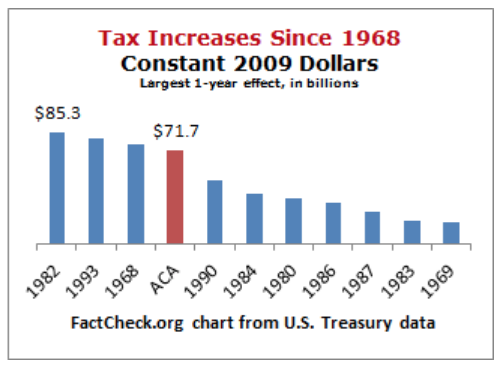“Apple endorses California bill to oblige companies to report carbon footprint.” So reads the headline of a Reuters news story written by Isla Binnie and posted on September 8.
Binnie writes:
Wiener’s bill would require public and private companies with annual revenue in excess of $1 billion who do business in traditionally climate-conscious California to disclose independently verified data on their planet-warming emissions.
Let’s see. Apple’s annual revenue in the fiscal year ending September 24, 2022 was $394.33 billion, which is just over 393 times more than $1 billion.
Apple is so large that calculating its carbon footprint will be more expensive than the calculation for a $1 billion firm. But it’s unlikely to be 393 times more expensive.
On this site, I have occasionally discussed what I call “economies of scale in compliance.” I showed in my 1976 Ph.D. dissertation, “The Economics of Safety Legislation in Underground Coal Mines,” that large unionized coal companies and the United Mine Workers lobbied for 1966 and 1969 legislation that wiped out thousands of small, non-union mines. Moreover an event study I reported in my dissertation found that the stock prices of the large mining companies rose after a key legislated hurdle was passed.
The cost of calculating a carbon footprint could hobble a smaller competitor to Apple. Do I think that that’s Apple’s main motive in supporting the legislation? I don’t. My guess is that Apple’s management really believes in this legislation. But it helps that there could be a financial upside from less competition.
HT2 Ross Levatter.















